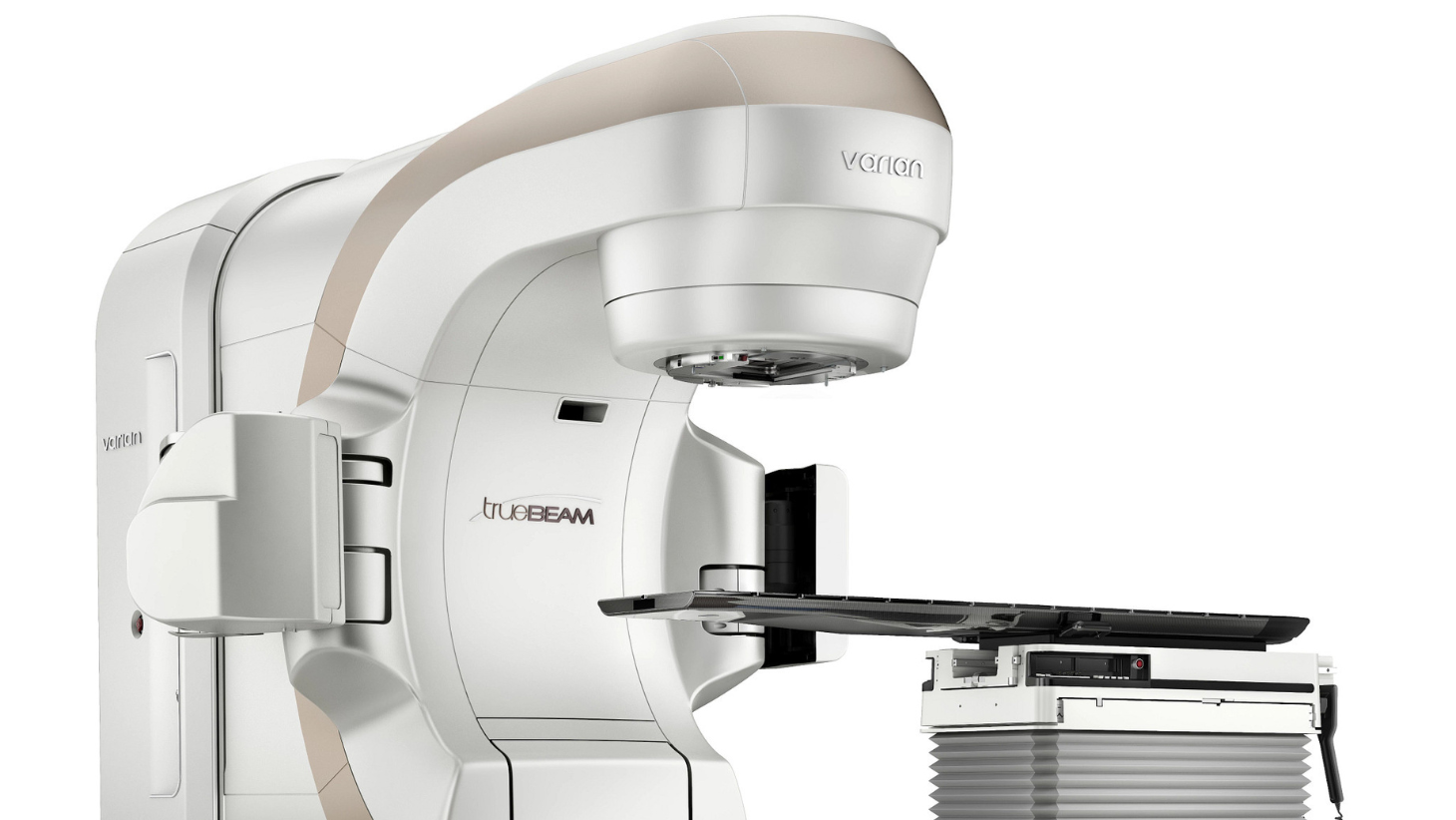Prostate cancer is the second most common cancer among men, with 1 in 8 men receiving a diagnosis in his lifetime. Fortunately, more treatment options are available today than ever, making it possible for many men to have favorable outcomes.
Still, advancements continue to be made in prostate cancer research, improving upon existing treatments and bringing new ones to cancer patients across the country. One such advancement in radiation therapy makes it possible to greatly reduce the overall time it takes to treat prostate cancer — while delivering the same safe, effective dose - and Willamette Valley Cancer Institute is proud to offer it.
Hypofractionated Radiation: Shorter-Course Therapy for Localized Prostate Cancer
Radiation therapy is an effective treatment option for men, regardless of the stage of prostate cancer. With pinpoint accuracy and precision, radiation beam technology can target prostate cancer tumors successfully while minimizing damage to surrounding healthy tissue.
This is especially good news for men whose prostate cancer is localized. In past years, half of the time prostate cancer was detected, it had already spread. With that number now down 10 percent, most prostate cancer is caught earlier when it’s still contained to the prostate. When prostate cancer is localized, the patient can receive a much more accurate dose of the radiation, allowing for a more successful outcome.
Up until recently, radiation therapy treatments required patients to visit the cancer center five days a week for 6-8 weeks. Now, that is not always the case. Radiation oncologists at WVCI can deliver radiation therapy in a shorter amount of time thanks to a recent approach called hypofractionated radiation therapy, or hypofractionation. Rather than 6-8 weeks for treatment, this advanced technology only requires 4-5 weeks to achieve the same results.
To accomplish this, a higher dose of radiation is delivered at each treatment. How many treatments each patient receives varies based on factors, including the location of the tumor, its size, and the patient’s overall health.
Receiving radiation treatment for prostate cancer feels very much like getting an X-ray. The patient lies on a table, and the machine, carefully and meticulously programmed with his individual treatment plan, delivers beams of radiation to the cancer. There’s no pain, and the patient is able to return to normal activities after each treatment session.
As with other types of cancer treatment, radiation therapy can cause certain side effects, that improve for most men after treatment has ended. Talk with a member of your cancer care team about hydrogel and other treatments that can help you cope with the side effects of radiation therapy.
Faster Prostate Cancer Treatment Available to Patients in the Willamette Valley
The prostate cancer doctors at Willamette Valley Cancer Institute offer the latest in prostate cancer treatment, allowing more men to have hope for a longer, fuller life. Whether it’s hypofractionated radiation therapy or another type of treatment altogether, we are here to provide you with an individualized treatment plan that will meet your specific needs.
If you are newly diagnosed with prostate cancer or would like a different approach for your advanced prostate cancer, make an appointment with one of our oncologists at a location convenient to you in Albany, Corvallis, Eugene, Florence, Lincoln City, Newport, or Springfield, Oregon to learn more about our collaborative approach to prostate cancer care.



